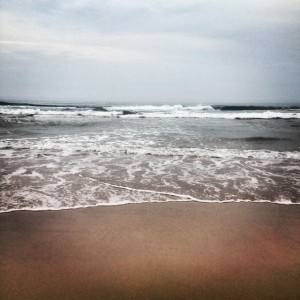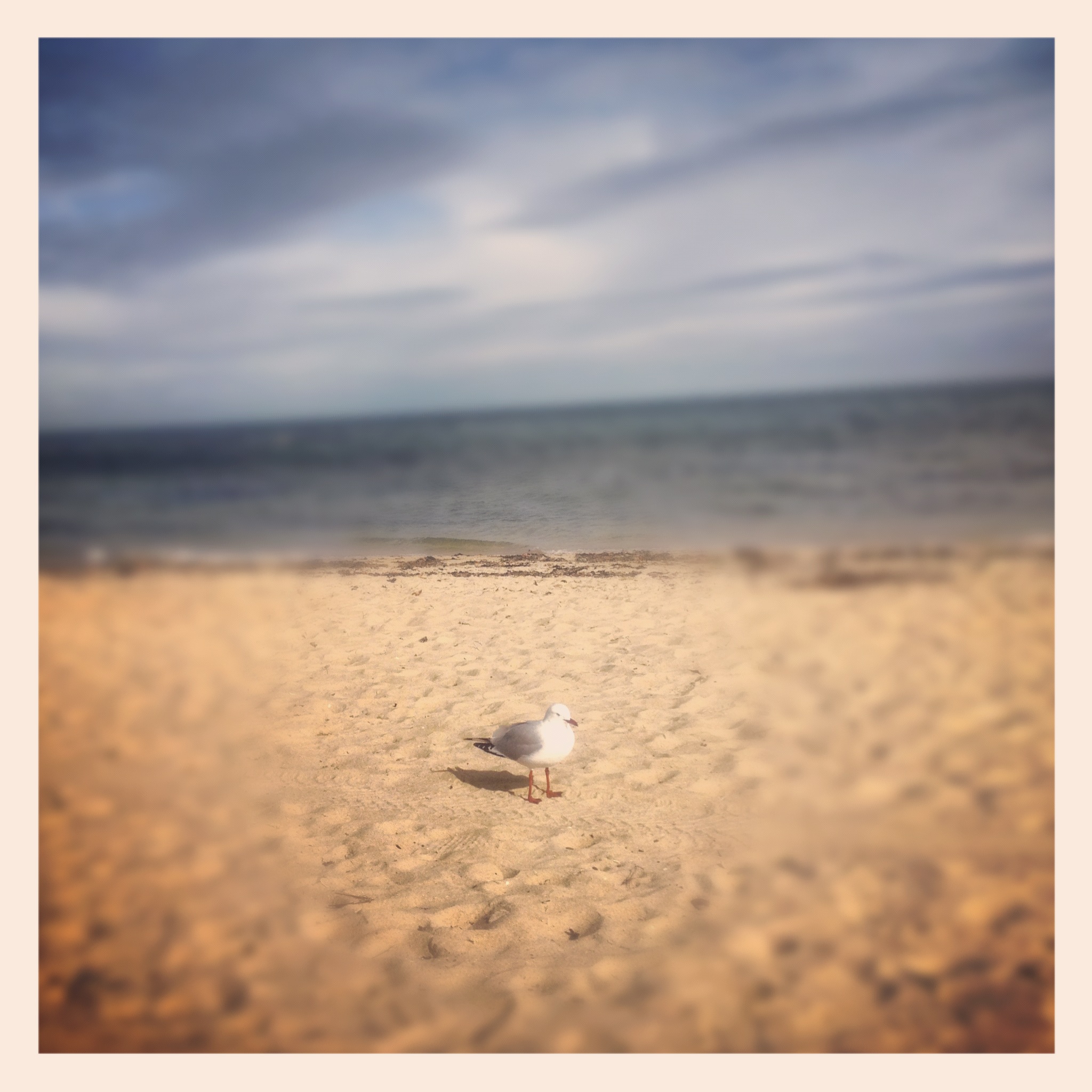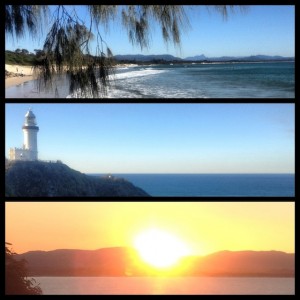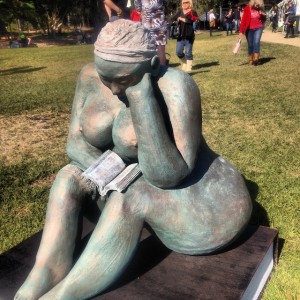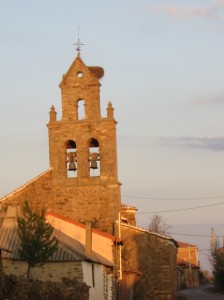 Exactly three years ago, I was in El Ganso, just past Léon on the Camino Francés.
Exactly three years ago, I was in El Ganso, just past Léon on the Camino Francés.
If I close my eyes, I can still smell cut grass on the warm evening air, and the sprig of lavender on my pillow as I drifted into sleep in a mercifully snore-free albergue. I can hear the dog’s bark ringing across the field below the town, reminding me that some creatures were working while I rested.
Most of all, I remember the contentment and internal quiet I felt in that town at the end of a tough and sometimes confusing day.
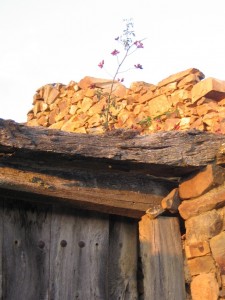 If you’ve read Sinning Across Spain, you may recall the story of Domingo, the old gentleman, or gentle old man, I met there. With all my heart, I hope he is still alive and well, and that he and his town have not been too much troubled by the economic crisis. I hope one day that I might return to thank him for the gifts he gave me.
If you’ve read Sinning Across Spain, you may recall the story of Domingo, the old gentleman, or gentle old man, I met there. With all my heart, I hope he is still alive and well, and that he and his town have not been too much troubled by the economic crisis. I hope one day that I might return to thank him for the gifts he gave me.
The following passage from the book, and these photos, are to honour him and El Ganso. I hope that you, my village, will forgive me for posting something you may have read. But as Arthur Miller wrote – “Attention must be paid.”
And gratitude must be given.
Gracias, Domingo. Gracias, mi compañero.
Gracias…
At the end of a long hot day’s walking, I’d arrived in El Ganso, a pueblo my guidebook called “hauntingly crumbling”. It was dozing, and yes, perhaps a touch melancholy, with its Cowboy Bar at the entrance decorated in saddles and cowskins.
El Ganso means “wild goose”. I didn’t chase any.
I wandered out of the albergue as the sun flirted with the horizon. A lone dog barked and a bird fluttered among the beams of an abandoned adobe building behind me. To my left was the handful of houses that made up the town. To my right was the road out. Opposite was a narrow dirt lane between two tumbledown buildings, and walking towards me up that lane was a man with broad, open features. His eyes were surrounded by deep lines. He leaned on a walking stick and waved with his free hand.
“Buenas tardes, peregrina,” he called, his face creasing into a grin. That smile was my introduction to Domingo. We stood in the main street, talking about the weather, how far I’d walked, and where I was from.
Australia got a good response.
He held out his free arm and suggested a little walk–un camino pequeno.
We set off at Domingo pace, stopping to sniff the wind, to look and listen.
He gave me the grand tour of El Ganso, where he had spent his entire life. We saw the houses of his brothers and sisters; a big two-storey house–not so nice as the low ones; the vacant land, just waiting for a nice lady from Australia to buy it and build a new home; the abandoned houses, falling into disrepair and back into the ground; the edible rose hips; and the scratching chooks with their scrawny chicks.
Stories everywhere. The house where he was born. The families who went away. The home that waits for his son. The flowers he planted for his sister. The figs, so good, so good…
Then he took me to his house and ushered me inside. He showed me his kitchen, and the kettle his wife favoured, their bedroom and bathroom, both modern and cool; the guest room–for next visit? Then his shed, with its tools and folding garden furniture. His backyard, where he picked for me white roses tinged with softest pink, and two perfect pears. He had sons in Seattle and Madrid, he told me. They made a lot of money but they didn’t come home much.
The whole tour took maybe an hour. Details, affection, the wonder of his almost-abandoned town…
“Te gusta mi pueblo?” You like my town?
I did. I still do.
As the sun set, he walked me back along the empty main street to the albergue, where he left me with a stiff bow and a sweep of his free arm, saying, “Ésta es mi pueblo.”
This is my town.
I watched him walk away, the scent of pears and roses wafting in the warm air as the church steeple turned orange. All around his retreating figure, the stones of the houses glowed. His home was radiant, radiating. I saw how full it was of loves and losses, and how much richer I was for him having stepped into my life to tell me of them.
I took my fruits and flowers to adorn my table at the Cowboy Bar. Cowboys were a disappearing breed, and I wondered about the future of those pueblos. Would they survive the rush of the young to the cities and beyond?



